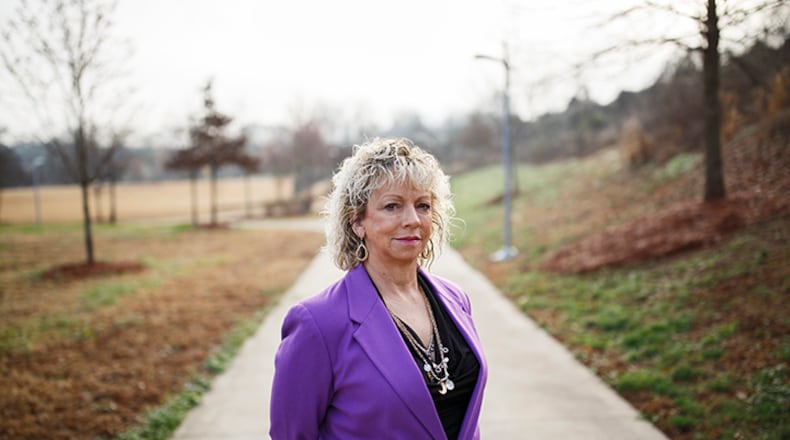COLUMBUS – A coalition of ultraconservatives and mainstream Republicans temporarily sidelined a proposed rule change that would have given the Georgia GOP new powers to block candidates from qualifying to run as Republicans if they’re deemed insufficiently conservative.
A Georgia GOP committee voted late Thursday to send the so-called “accountability proposal” to a study committee over the protest of a band of far-right Republicans who have long pushed for the change. Still, supporters could attempt to bring it up during the floor debate on Saturday.
The rule change is being championed by leaders of the Georgia Republican Assembly, a conservative faction that has vilified Gov. Brian Kemp and other Republicans who rejected Donald Trump’s demands to illegally overturn his election defeat.
Under the proposed change, the Georgia GOP convention could vote to prevent a political candidate from qualifying to run as a Republican in the next election, giving the state party’s 1,500 or so delegates authority to pick favorites in top races.
The measure was never expected to pass during the two-day convention, but the idea gained new momentum from emboldened hardline conservatives who said it would block “traitors” from running as Republicans and ensure ideological purity.
But a union of establishment-minded delegates and grassroots conservatives came together to sideline the proposed rules change. Among the critics is former state Sen. Mike Crane, who warned that mainstream Republicans could circumvent the overhaul with legislation.
Others had even sharper criticism. Debbie Dooley, another well-known conservative voice, warned that establishment types could take over the state GOP and use the rule to punish far-right activists.
“Grassroots conservatives complain all the time about a few legislators getting in a room and making decisions on what bills get a vote,” she said. “Yet, a rule change is being proposed that would allow a handful of folks to decide who gets to run as a Republican.”
And the Georgia College Republicans issued a statement warning that the overhaul could “stifle open dialogue, creating an environment of fear and compliance, rather than encouraging free and healthy debate.”
About the Author
Keep Reading
The Latest
Featured




